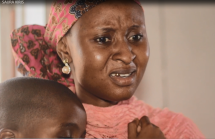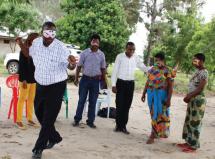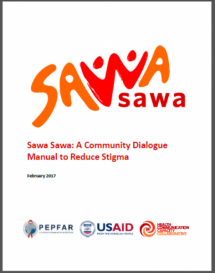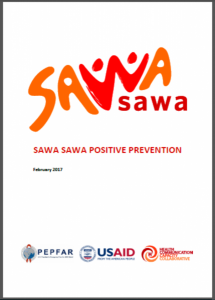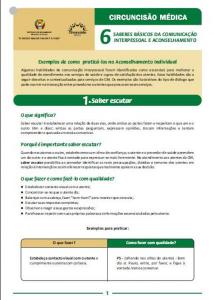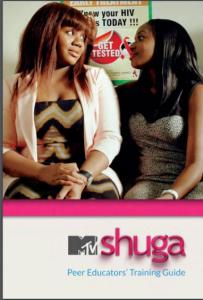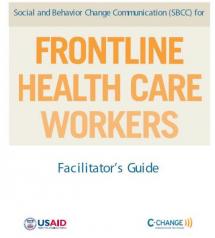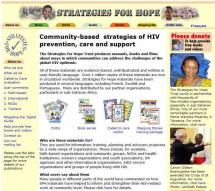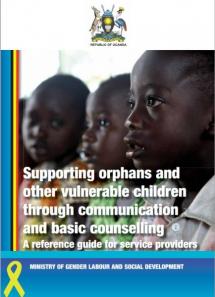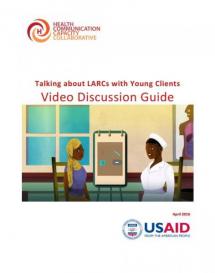Provider Training Video
A video used to stimulate discussion in trainings. It depicts the contrast between theory and practice of clinical diagnosis in a semi-urban Nigerian context. It shows the procedure for conducting RDT for malaria and how a provider can effectively use interpersonal communication to manage clients. Accompanied by a discussion guide.
These videos were shown in Benue, Akwa Ibom & Kebbi states and produced in English and Hausa. They were used to train 180 public health facility providers and 168 PPMVs.
Source: Johns Hopkins Center for Communication Programs
Date of Publication: March 25, 2019
SIMILIAR RESOURCES
Tools
Examples
- SBCC for Malaria in Pregnancy: Strategy Development Guidance
- Community Communication MNCH e-Manual: Participatory Health Promotion Sessions
- Promoting Quality Malaria Medicine through Social and Behavior Change Communication
- Malaria Case Management: Monitoring and Evaluation for SBCC
- Promoting Uptake of Intermittent Preventive Treatment of Malaria in Pregnancy
- Promoting Quality Malaria Medicines Through SBCC: An Implementation Kit
- IPC for Immunization Toolkit
- Interpersonal Communication for Immunization (IPC-I)
- The Infection Control Symbol Package
- Infection Control Symbol Templates

